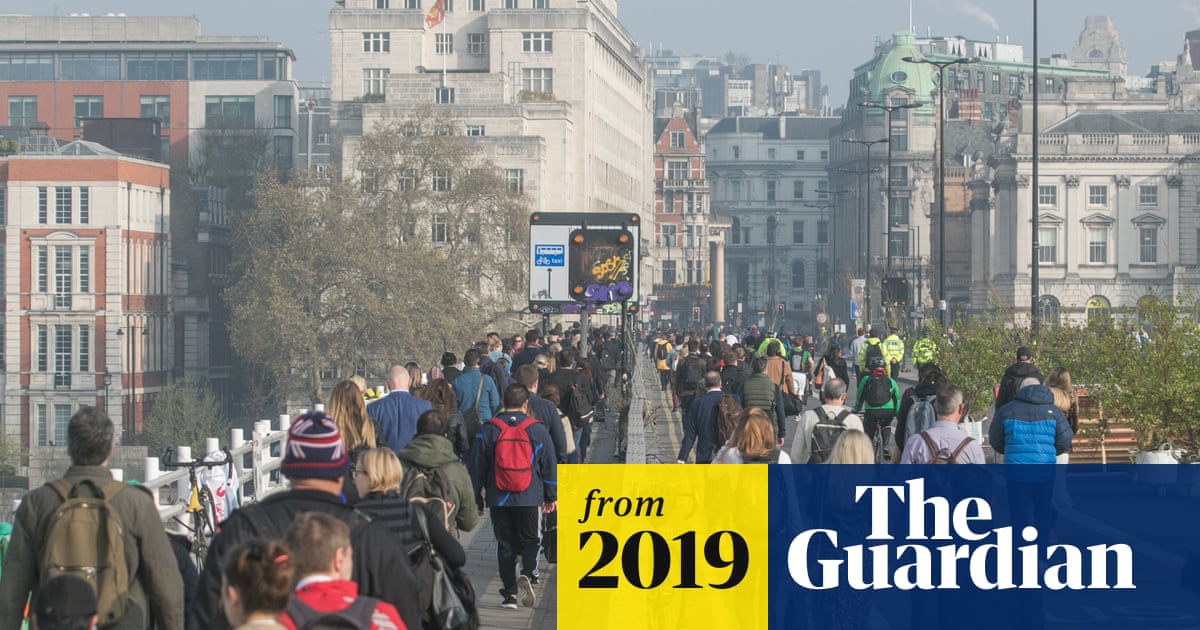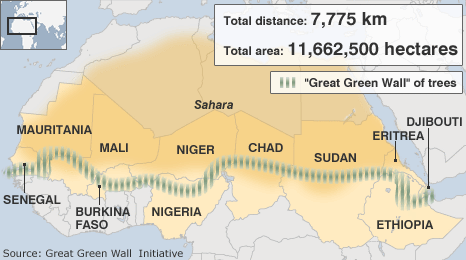Sorry, you just post links with out any arguments.
If you want to discuss something i am up for it, but if you just post links than there is no point in replying to you.
Last edited:
Sorry, you just post links with out any arguments.
Monckton makes it up
Filed under:
— group @ 7 August 2010
Guest commentary by Barry R. Bickmore, Brigham Young University
If you look around the websites dedicated to debunking mainstream climate science, it is very common to find Lord Christopher Monckton, 3rd Viscount of Brenchley, cited profusely. Indeed, he has twice testified about climate change before committees of the U.S. Congress, even though he has no formal scientific training. But if he has no training, why has he become so influential among climate change contrarians? After examining a number of his claims, I have concluded that he is influential because he delivers “silver bullets,” i.e., clear, concise, and persuasive arguments. The trouble is his compelling arguments are often constructed using fabricated facts. In other words, he makes it up. (Click here to see a number of examples by John Abraham, here for a few by myself, and here for some by Tim Lambert).

You are exaggerating the conditions of RCP8.5:
1º "Certain characteristics of individual RCPs may play a role in interpreting their results. Further research is needed to explore sensitivity of results to these characteristics." It is not stated how sensitive each scenario is.
2º No doubling of population growth (or population for that matter) is claimed - As you can see, even in RCP8.5 there is a constant decline in the population growth.
3º Referring to the graph above, we can see that RCP8.5 is indeed on the low side of GDP estimation but I do not consider it massive, as a matter of fact, RCP6 is even lower.
4º Although true, we must not forget that we are handling the scenario with the highest population (out of the 4 RCPs, other scenarios are worse yet). The ratio of fossil fuels to renewables in RCP8.5 is not too different than other scenarios, in the case of RCP6 and the year 2000, it was even higher.
6º I presume that you meant energy intensity (energy per unit of income), if so then I agree, it is at times above the 98th percentile (light gray) of estimations. That however, is not "zero improvement".
7º "The RCP8.5, in contrast, is a highly energy-intensive scenario as a result of high population growth and a lower rate of technology development." Lower rate =! stagnation
8º Although not explicitly stated, the graph of primary energy use does show a high increase in coal usage, 8 fold? That depends on what you compare it.
Who's the Chicken Little now?
You're arguing with a group of people who've made up their minds that the sky is falling. Some people are in love with the idea of being afraid, and who doesn't love a good story where you can point your finger at the villains and righteously yell: "It was them! It's all their fault!"Sorry bro, you just post links with out any arguments. You go straight to ignore list.
If you want to discuss something i am up for it, but if you just post links than there is no point in replying to you.
Cultist are recruitng with their typical doomsday prophecies - Is the best way i can describe that article. You seem to have already made up your mind , so no point in making an argument, other than have fun being scared and manipulated for the rest of your life

People across Europe will need to work drastically fewer hours to avoid disastrous climate heating unless there is a radical decarbonising of the economy, according to a study.
The research, from thinktank Autonomy, shows workers in the UK would need to move to nine-hour weeks to keep the country on track to avoid more than 2C of heating at current carbon intensity levels. Similar reductions were found to be necessary in Sweden and Germany.
The findings are based on OECD and UN data on greenhouse gas emissions per industry in the three countries. It found that at current carbon levels, all three would require a drastic reduction in working hours as well as urgent measures to decarbonise the economy to prevent climate breakdown.
Will Stronge, the director of Autonomy, said the research highlighted the need to include reductions in working hours as part of the efforts to address the climate emergency.
“Becoming a green, sustainable society will require a number of strategies – a shorter working week being just one of them,” he said. “This paper and the other nascent research in the field should give us plenty of food for thought when we consider how urgent a Green New Deal is and what it should look like.”
The paper focuses on the emissions produced per industry in each economy but does not take into account other environmental advantages of reducing working hours, from less commuting to fewer goods produced and resources used.
Oh that line of arguement? OK i know where that comes from (if you dig around the 'sides' of the debate you actually find the 'cultists' are the ones that coined the phrase for the vast majority of actual credible scientific study (the majority of this thread is linked to those) that shows the actual truth of where we are and where we are heading in terms of AGW).
No one wants to live 'in fear', be it in a war zone or at the foot of a 'awake' volcano, but really as sentient beings in the 21st century if we are not 'afraid' of what we have been doing (and are doing) in relation to our impact on CO2 output, then we simply are failing our potential and our futures. For what it's worth i don't live 'afraid' about AGW and all the issues in this thread, i live 'informed' and with a decent understanding on why we are heading to the future we are creating, it simply allows me to be as prepared as i can be for when the wheels fall off, and i'd rather have that insight that be caught with my trousers down (and no loo paper in sight), which is what many people are going to be feeling over the next 50-100 years. Lol, sorry for the rough analogy, it's very early in the morning!
--------------------------
This is an interesting article, in part because it sort of tells us 'what' it is we have been doing wrong these last 50 years in particular (it's the economy stupid!):
'Much shorter working weeks needed to tackle climate crisis – study':

Much shorter working weeks needed to tackle climate crisis – study
UK workers must move to nine-hour week if carbon levels do not change, says thinktankwww.theguardian.com
That article is a good example of manipulation. It basically saying, you losing your working hours to Automation is good for the environment.
I notice that the Guardian makes up about 99% of your citations. I wouldn't exactly call that informed. In my opinion (and a lot of other people's for that matter) The Guardian is swill. You might want to at least consider broadening your reading a bit.Oh that line of arguement? OK i know where that comes from (if you dig around the 'sides' of the debate you actually find the 'cultists' are the ones that coined the phrase for the vast majority of actual credible scientific study (the majority of this thread is linked to those) that shows the actual truth of where we are and where we are heading in terms of AGW).
No one wants to live 'in fear', be it in a war zone or at the foot of a 'awake' volcano, but really as sentient beings in the 21st century if we are not 'afraid' of what we have been doing (and are doing) in relation to our impact on CO2 output, then we simply are failing our potential and our futures. For what it's worth i don't live 'afraid' about AGW and all the issues in this thread, i live 'informed' and with a decent understanding on why we are heading to the future we are creating, it simply allows me to be as prepared as i can be for when the wheels fall off, and i'd rather have that insight that be caught with my trousers down (and no loo paper in sight), which is what many people are going to be feeling over the next 50-100 years. Lol, sorry for the rough analogy, it's very early in the morning!
--------------------------
This is an interesting article, in part because it sort of tells us 'what' it is we have been doing wrong these last 50 years in particular (it's the economy stupid!):
'Much shorter working weeks needed to tackle climate crisis – study':

Much shorter working weeks needed to tackle climate crisis – study
UK workers must move to nine-hour week if carbon levels do not change, says thinktankwww.theguardian.com
While I don't disagree with the sentiment (I've pointed out the relentless propaganda myself) it may perhaps be more constructive to point to specific instances where you disagree or have issue with the cited article/s in question?I notice that the Guardian makes up about 99% of your citations. I wouldn't exactly call that informed. In my opinion (and a lot of other people's for that matter) The Guardian is swill. You might want to at least consider broadening your reading a bit.
I've advocated for increased livestock based on the ecology of regions before now (I initially trained as a Zoologist with a focus on Ecology many moons ago) but you will get shouted down by people who don't understand the mechanisms involved point to some large number relating to methane they've seen somewhere or other without realising that the figure is gross not net.I eat meat, and I love it, and it’s good for the environment!
And this scientist backs it up, but we always knew that, problem is it’s not political correct.

I've advocated for increased livestock based on the ecology of regions before now (I initially trained as a Zoologist with a focus on Ecology many moons ago) but you will get shouted down by people who don't understand the mechanisms involved point to some large number relating to methane they've seen somewhere or other without realising that the figure is gross not net.
Now of course we're seeing the notion in the US that if you acknowledge the facts regarding climate change you're somehow automatically an
anti-capitalist, anti-conservative, raving socialist, like this woman...




Now of course we're seeing the notion in the US that if you acknowledge the facts regarding climate change you're somehow automatically an
anti-capitalist, anti-conservative, raving socialist, like this woman...
Which observations? Which papers? Which journals? Leading to what conclusions? How have those conclusions translated to you being labelled "an anti-capitalist, anti-conservative, raving socialist"?In this case Facts refer to scientific observations as recorded in scientific papers published in peer reviewed scientific journals by people with relevant qualifications.
Did you have some other method of discerning facts?
I have no patience for cdesign proponentsists.
.pinko commies
